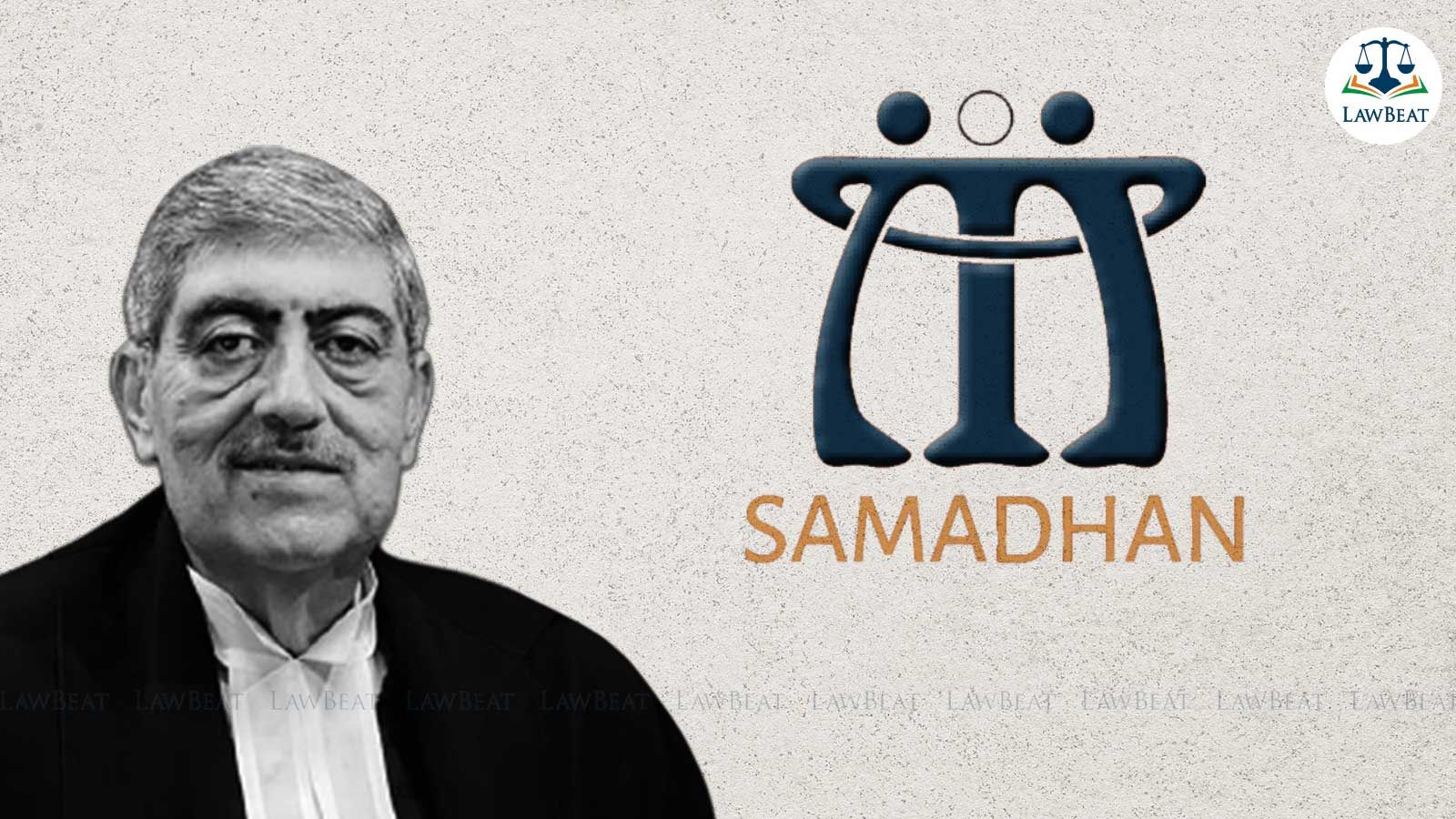Choosing mediation as a dispute resolution method shows mindset of parties involved: Justice Sanjay Kishan Kaul

"It is not the situation that we are overburdened with the cases so mediation should be explored as an alternative mechanism but mediation is a superior method of resolving disputes. We should consider Mediation first because it allows the parties to structure their solutions, which is not possible for courts because of legal boundaries," Justice Kaul added.
Choosing mediation as a dispute resolution method shows the mindset of the parties involved, said Justice Sanjay Kishan Kaul, while delivering his keynote address at the National Conference organized by Delhi High Court's Mediation and Conciliation Centre, SAMADHAN, on the topic, "Mediation: At the Dawn of a Golden Age",
He further said, "The parties who are involved in mediation are like a passenger who hired a taxi. The Mediator can be considered as a taxi driver who facilitates the parties to reach their destination."
In recent years, India has seen a strong mediation movement, referral to mediation has been included in the Consumer Protection Act, the Companies Act, the MSME Act, and even the CPC in the case of marital disputes, the Supreme Court judge added.
Further, Justice Kaul said "India has taken deliberate steps to promote mediation. It was one of the first countries to sign the Singapore Mediation Convention, which aims to settle cross-border conflicts."
He highlighted the famous Ayodhya verdict in which the court had appointed a mediation panel.
"The Supreme Court has also been vocal in expressing its preference for mediation in certain cases. In the Ayodhya issue, the court had also appointed a mediation team", the judge said.
Clarifying his reasons for pushing mediation, Justice Kaul said that it was not the situation Supreme Court was overburdened with the cases so mediation should be explored as an alternative mechanism but since mediation is a superior method of resolving disputes, therefore we should consider Mediation first because it allows the parties to structure their solutions, which is not possible for courts because of legal boundaries.
Justice Kaul also made some important suggestions for making Mediation a more effective mechanism in India:
- Mediation by Judges: It was said that an effective judge is not someone who applies the correct law to any dispute but one who recommends the resolution in a manner that will be beneficial for the parties. Justice Kaul added that even MCPC has been encouraging judges across the country to go through a training program.
- Role of Lawyers: Lawyers are considered as peacemakers, and they may be trained for mediation going beyond the adversarial process.
- Training of Law Students: Law students should also be trained to understand the importance of mediation as one of the dispute resolution mechanisms as an alternate option to the earlier conventional methods of dispute resolution.
- On Mediators: According to Justice Kaul, training mediators is also an important factor to maintain the quality of mediation.
Notably, CJI Chandrachud, while delivering his presidential address at the SAMADHAN event yesterday had said that mediation is much more than a movement to de-clog the courts, and when the government which is the largest litigant, mediates, it sends a message that in the framework of law, the government is not an adversarial opponent to our citizens.
CJI added that the motto of the Union Government and its agencies should be "mediate, don't litigate".
Attorney General for India R Venkataramani, who also spoke at the event on Friday announced that he proposed to set up the National Award of mediator's achievements.
The Attorney General has further proposed the setting up of the Attorney General's National Council of mediator's watch, to gather all the experiences of mediations across the country.
